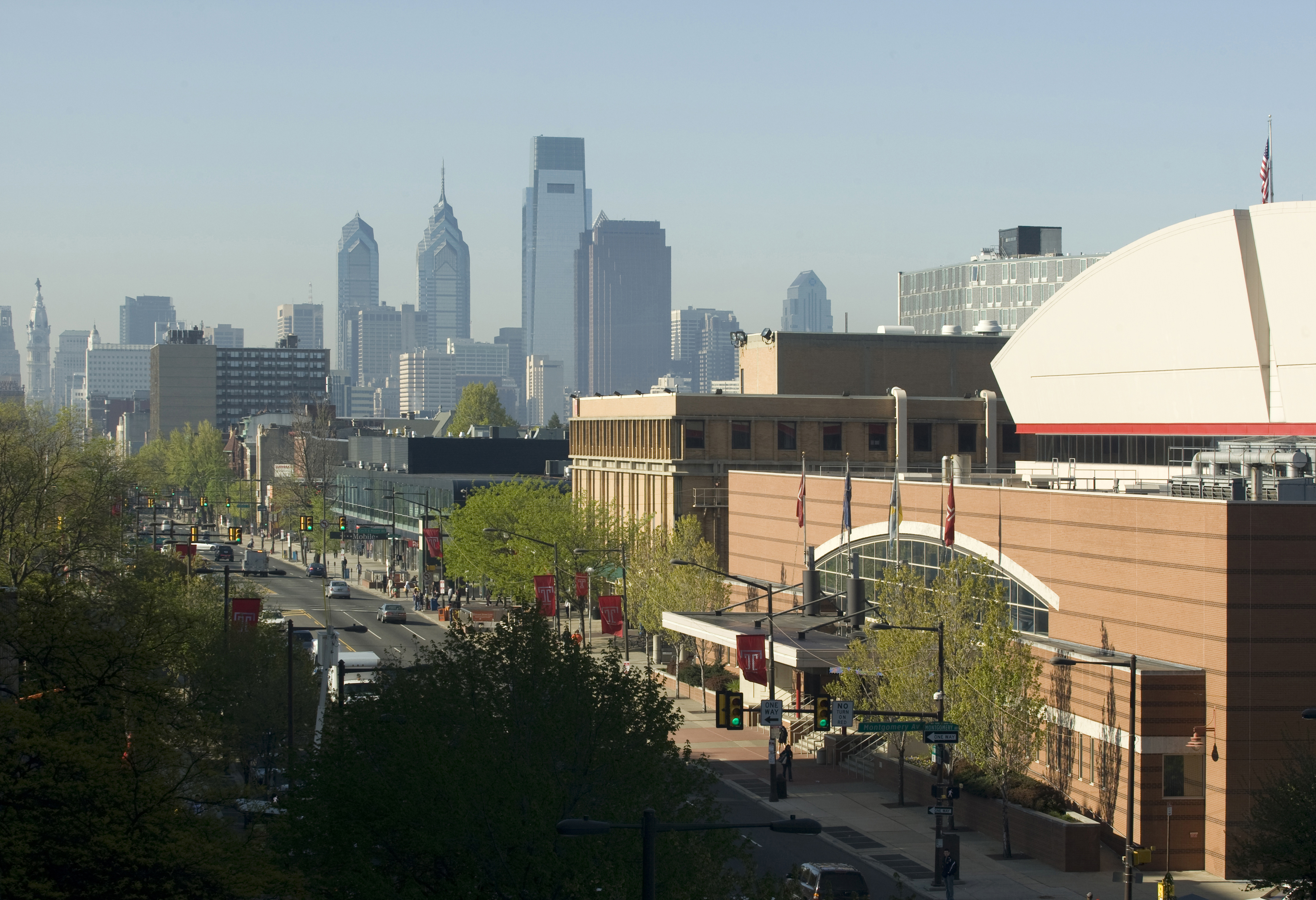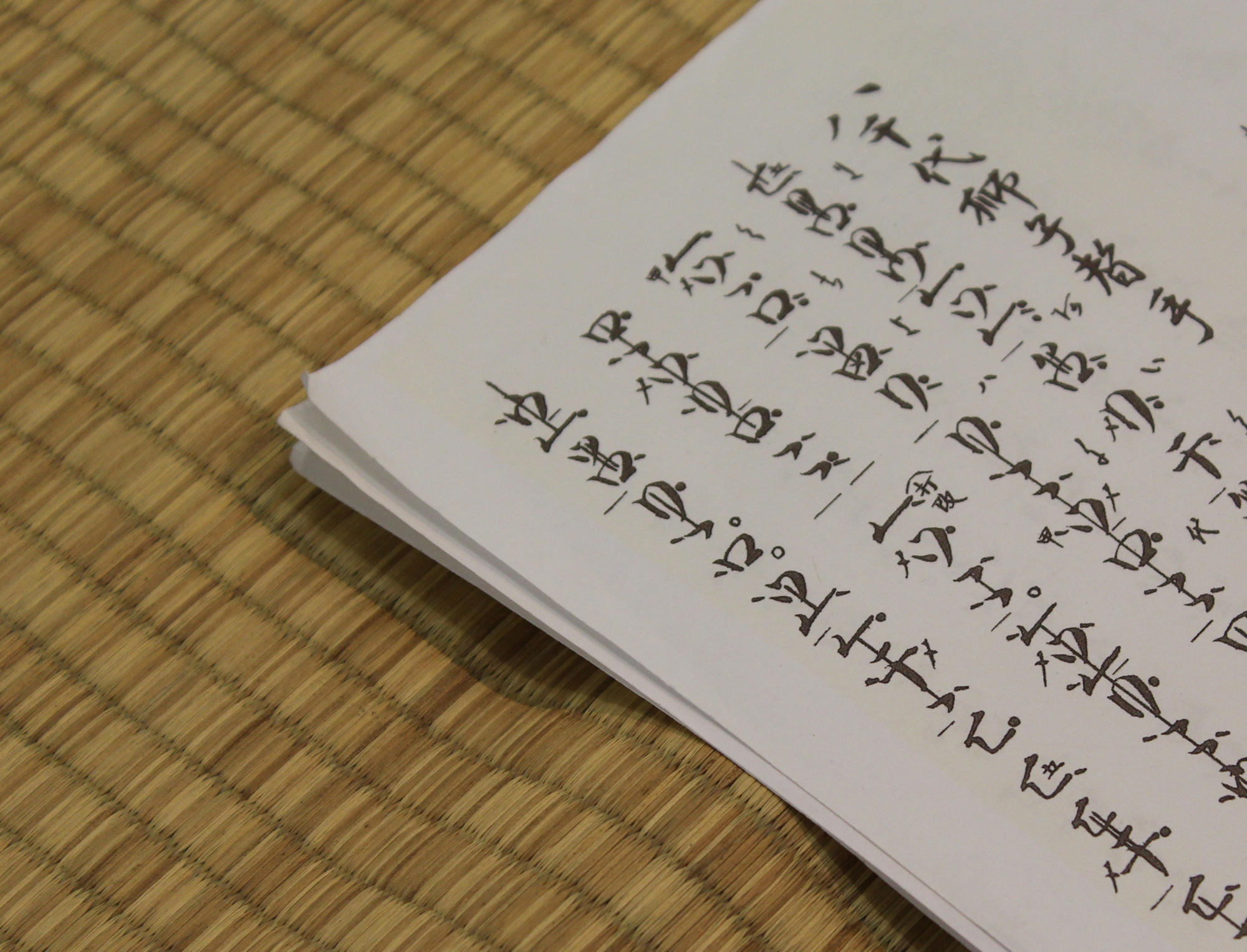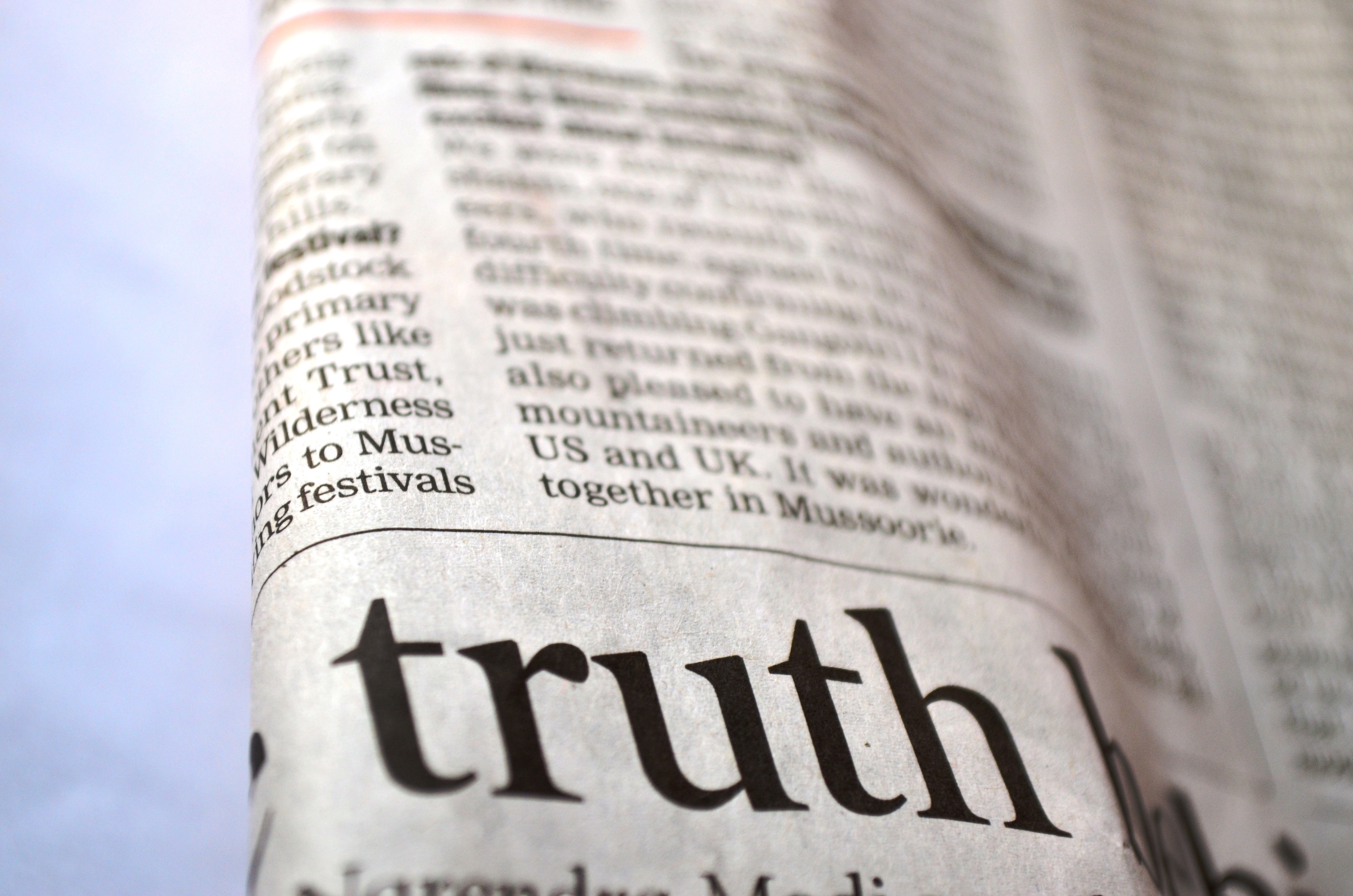Being Mindful of Your Sense of Self
Law school isn’t always where you go to find yourself and it can take its toll on your sense of self. Depending on the circumstances of your prior education, Temple can be an incredibly diverse place and for me it was. I had traveled the world and lived abroad, but my experiences were still limited. It wasn’t until I went to Temple Beasley School of Law that I was able to grow as an individual. In the first semester of law school I met incredible new friends, mentors, and faculty, some of whom were members of the LGBTQ community. I had several friends who were gay men before law school, but almost no exposure to LGBTQ families or married couples. Temple changed all of that. Despite the stereotypes, I wasn’t indoctrinated, in fact I didn’t even speak with the LGBTQ faculty, I just observed how they were able to be themselves and be successful socially and professionally. Despite the challenges the law school environment presented, I decided it was time to be myself and so …











